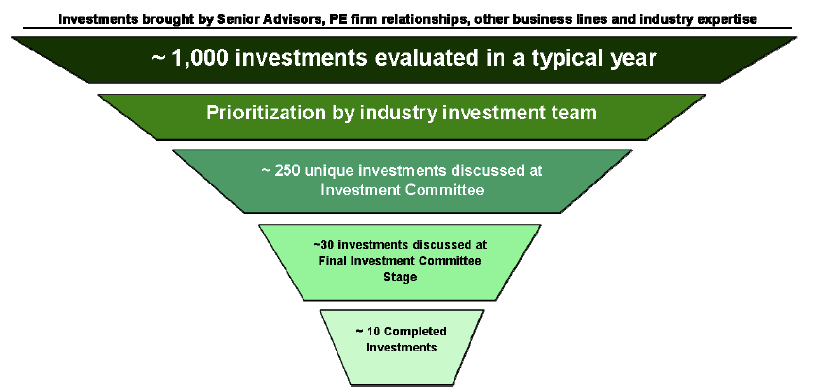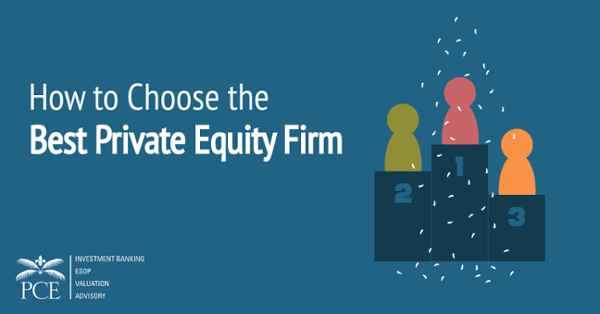It’s the video game of making cash grow and private equity companies remain in it for the long haul (or at least up until they reach their rate of return, then they’re gon na sell).
Their performance matters both for investors and the larger economy MOST APPARENTLY noise stewards of capital were exposed to be anything but throughout the 2007-09 financial crisis. Bank bosses were shown to have taken on too much threat. Star hedge-fund managers suffered losses. Nor have the years since then been kind. manager partner indicted.
The private-equity (PE) market has actually been an exception to the pattern. The funds it released throughout the crisis in 2007-09 have wound up yielding a mean annualised return of 18%. And it has ended up being even more important. Investors, from university endowments to public pension funds, have turned over ever more cash to PE managers (see chart).
Properties under management have inflamed to more than $4trn. The 8,000 firms run by PE in America represent 5% of its GDP, and a comparable share of its labor force. Now another savage economic downturn is in full swing and the efficiency of PE is a sixty-four-thousand-dollar question for investors and the economy.

Specific funds can have their own timelines, financial investment objectives, and management philosophies that separate them from other funds held within the exact same, overarching management firm. Effective private equity companies will raise lots of funds over their life time, and as companies grow in size and intricacy, their funds can grow in frequency, scale and even uniqueness. For more information about fund managers and - go to his videos and -.
Prior to establishing Freedom Factory, Tyler Tysdal managed a growth equity fund in association with a number of celebs in sports and home entertainment. Portfolio company Leesa.com grew quickly to over $100 million in earnings and has a visionary social mission to “end bedlessness” by contributing one bed mattress for every single ten offered, with over 35,000 donations now made. Some other portfolio business remained in the markets of red wine importing, specialized lending and software-as-services digital signage. In parallel to handling possessions for businesses, Tyler was managing private equity in real estate. He has had a variety of successful private equity investments and a number of exits in student housing, multi-unit real estate, and hotels in Manhattan and Seattle.
Meanwhile they have amassed $1.6 trn in dry powder that they can deploy on brand-new offers. PE stores’ fate depends upon whether the hit to their existing financial investments is nasty enough to erase the potential gains from dealmaking managed by the crisis. Start with the potential losses. In the first quarter of 2020 the 4 big noted PE companies, Apollo, Blackstone, Carlyle and KKR, reported paper losses on their portfolios of $90bn.

After an early scare PE companies’ investors have concluded that the outlook is fairly brilliant (see chart). Are they right? Many PE managers have actually been energizing returns by piling debt on to the companies they purchase. In the years immediately after the last crisis most buy-out offers were done with debt worth no greater than 6 times gross operating revenues.
That would recommend that PE-run companies are vulnerable. More than half of the 18 junk-rated companies that defaulted in the very first quarter of the year were PE-owned, according to Moody’s, a ranking firm. It anticipates the general scrap default rate to triple to 14% by 2021 (securities fraud racketeering). Over the previous years PE loaning has shifted away from dopey, sidetracked banks towards professional private-credit firms.
Public Versus Private Equity


And making things harder still, most big PE managers state that the companies they own are either ineligible for, or unwilling to tap, the American government’s service bail-out schemes, the Paycheck Security Programme and the Main Street Financing Programme. However, a number of other factors might have altered to work in PE’s favour.
Considering that the 2007-09 crisis lots of PE managers have also set up big credit armsfor the big 4 companies, these now represent a 3rd of their properties. They may provide managers more internal knowledge and systems for raising financial obligation, making it much easier to restructure the debts of vulnerable portfolio business on favourable terms.
” There is a problematic space,” states Marc Lipschultz, co-founder of Owl Rock, a private-credit fund. “We don’t understand how deep or how large it is, but funds need to discover a bridge throughout. investors state prosecutors.” And if PE-run firms can not raise more debt, default or restructure their loanings, the remaining alternative is an “equity cure”: PE stores stump up the money to keep their firms afloat.
The method funds are structured methods that supervisors can not deploy their “dry powder” raised for new funds into companies owned by older ones. impact opportunities fund. However a lot of older funds do have big reserves. Michael Chae, the chief monetary officer of Blackstone, says that around $30bn of its $152bn of dry powder is reserved for them.
Generally, a PE fund returns money to its investors once it offers its stake in a companybut if the investment period is still continuous, the fund can ask for it back. According to a market body for PE investors, the number of calls for such “recycled capital” has actually increased. Bailing out existing investments will drag down returns for PE stores.
A lot of PE managers wish to utilize their recently expanded credit arms to scoop up bombed-out loans and bonds with collapsed pricesLeon Black, the founder of Apollo, has stated the opportunity is “huge”. However the volume of traditional buy-outs dropped sharply in March, and just a couple of companies have given that made purchases.
Now it is time to attack. Editor’s note: Some of our covid-19 coverage is complimentary for readers of The Economist Today, our day-to-day newsletter. For more stories and our pandemic tracker, see our coronavirus centerThis post appeared in the Finance & economics area of the print edition under the heading “More cash, more problems”.
Why Private Equity Firms Are Reaching Out To Specialized

As Warren Buffett said, “Guideline top: Never lose cash. Guideline number two: Never forget guideline primary.” Whether you are the CEO/founder of a start-up or an older, independently held business, there may come a time where you and your colleagues are looking for outside capital. In an ideal world, you are doing so to grow and scale a business due to demand.
Whatever the case may be, your campaign to raise outside capital will unquestionably include advanced investors like private equity investors deeply inspecting your current finances and possible to provide an appealing return (local investment fund). Essentially, if you are thinking about outside capital from private equity investors, you need to ask yourself one crucial question: “Is my organisation all set for the needs of private equity?” As the president of a nationwide executive search firm, I regularly encounter circumstances where private equity firms are putting in considerable pressure on their portfolio companies to comply with greater performance requirements.
A number of these situations require us to replace the existing CFO with a private equity experienced prospect. So why do private equity companies do this? As alluded to by Buffett, it is to safeguard their investment. Especially if the private equity firm is investing eight or 9 figures into your business, the stakes are incredibly high.

Specifically, I will talk about some significant modifications in regards to reporting requirements and personnel that private equity firms require of portfolio companies. Regardless of the funding source, business that obtain outdoors capital are having fun with raised stakes. Lax compliance standards or insufficient financial statements are simply out of the question.
Often, portfolio companies offer this clearness through more in-depth monetary declarations – tyler tysdal business. In truth, this increased level of detail may be a required part of the fundraising round. As just one example, numerous private equity firms require their portfolio business to have a hard close monthly. Numerous private business bypass this practice monthly, instead selecting to do it every quarter or every year.
If the portfolio company does not have the resources to quickly carry out a regular monthly close, it may produce some significant difficulties within the company. Together with a monthly hard close, private equity companies typically set up stringent financial preparation and analysis (FP&A) requirements. These FP&A requirements might consist of things like money circulation forecasts, EBITDA (profits before interest, tax, depreciation and amortization) bridges and more.